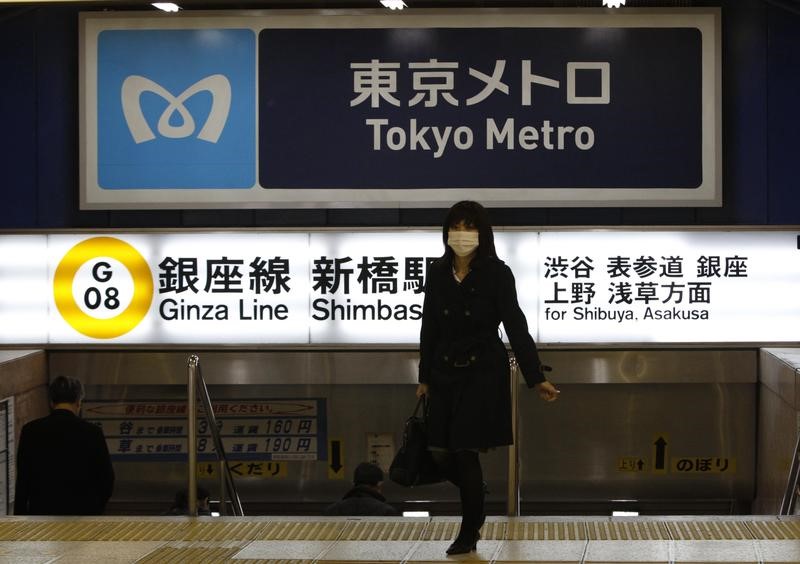The challenge of stimulating consumer spending in Japan is complicated by the fact that pay increases do not significantly benefit pensioners, who make up a large portion of the population.
Japan's Ministry of Finance plans to raise its assumed long-term interest rate to 1.5% for the fiscal year 2024/25, up from the current record-low of 1.1%, indicating a potential strain on the country's budget as it is set to exceed 114 trillion yen ($782.64 billion).
Bank of Japan Gov. Kazuo Ueda explains that price growth is slower than the target of 2%, leading officials to continue their current monetary-policy strategy of easing.
Bank of Japan Governor Kazuo Ueda stated that underlying inflation in Japan remains below the bank's 2% target, leading to the decision to maintain the current approach to monetary policy, despite core consumer inflation staying above the target for the 16th consecutive month.
Japan may be reaching an inflection point in its battle with deflation as price and wage rises broaden, potentially leading to an end to prolonged stagnation and a phase-out of fiscal and monetary support, according to the government's annual economic white paper.
Japan's inflation is "clearly in sight" of the central bank's target, according to board member Naoki Tamura, suggesting the possibility of ending negative interest rates early next year.
Japanese household spending experienced its largest decline in almost 2-1/2 years due to rising prices; however, the impact of volatility in certain areas suggests that the outlook may not be as dire as the headline figures indicate.
Japan's economy grew less than expected in Q2 and wages fell in July, raising doubts about the country's recovery and the effectiveness of the central bank's projections for domestic demand.
Japanese real wages continued to decline for the 16th consecutive month in July, posing a challenge for the Bank of Japan's efforts to stimulate inflation and economic growth.
The Bank of Japan's potential shift away from negative interest rate policy has ignited the Japanese Government Bond and currency markets, with the yen seeing its biggest rise in two months and the 10-year JGB yield reaching its highest point in almost a decade.
Japan's annual wholesale inflation slowed for the eighth consecutive month in August, providing relief for households and retailers affected by previous increases in raw material imports.
Asia-Pacific markets fell as the Bank of Japan kept rates unchanged and noted a "moderate recovery" in the economy, while Japan's private sector activity expanded at its slowest pace since February and the country's August inflation rate remained above the BOJ's target for the 17th straight month.
Japan's core inflation remained steady in August, staying above the central bank's 2% target for the 17th consecutive month, signaling broadening price pressure and potentially increasing the case for an exit from ultra-easy monetary policy.
The Bank of Japan has decided to maintain ultra-low interest rates and continue supporting the economy until inflation reaches its target, indicating a slow withdrawal from its stimulus program and causing the yen to fall.
Japanese consumer inflation grew above expectations in August, potentially signaling a move away from negative interest rates as the Bank of Japan meets to discuss its monetary policy.
